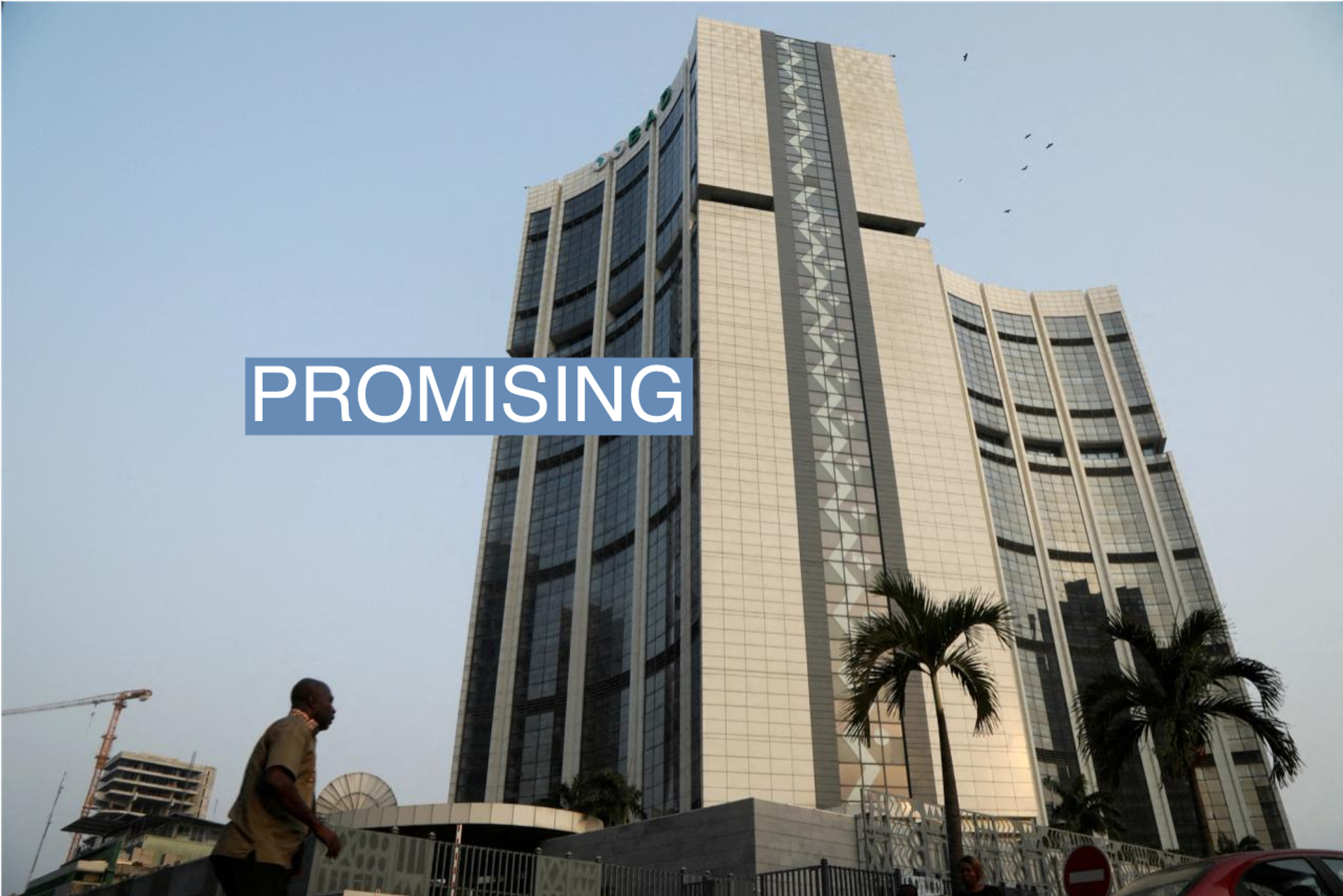The News
Sub-Saharan Africa is expected to be a bright spot of economic growth this year, according to a World Bank forecast. The bleak global economy will see “the slowest half-decade of GDP growth in 30 years,” the report said. But Sub-Saharan Africa will account for six of the world’s 10 fastest-growing economies this year, with growth at 3.8% this year, and 4.1% in 2025 as inflation eases.
SIGNALS
Almost all African nations will see positive economic growth this year
The African continent is expected to see the second-fastest growth in the world, following only Asia in 2024, according to the Economist Intelligence Unit. Growth will be led by East African states, but the EIU believes nearly all African countries will see positive growth this year. Only Sudan, which is gripped by a civil war, and Equatorial Guinea, which has experienced multiple recessions in recent years, are expected to see their economies contract this year. The construction, transportation, tourism, mining, and tech sectors are expected to lead African economies, EIU noted.
African countries have hit a ‘turning point’ for economic growth
Africa’s external situation is difficult, one analyst said — but nations are making major strides towards reforms that will help them perform better. Nigeria will see growth of about 3% in 2024 and 2025, Bloomberg reported, and South Africa is projected for 1.8% and 1.6% respectively over the next two years. “Reforms matter, and this will be the crux of the growth turnaround that we expect in both South Africa and Nigeria,” Razia Khan, chief economist for Africa and the Middle East at Standard Chartered Bank, told Bloomberg. “The important point for South Africa is that we’ve probably reached the turning point,” Khan added. Analysts are still wary about the outlook in the immediate future though, and Moody’s Investors Service has a negative outlook on African credit owing to higher debt-refinancing risks and slow growth in China.
China’s dampened economy could hit investment and exports in Africa
Last year, analysts predicted that China’s worsening economy could also deal a blow to Africa, which relies heavily on investment from Beijing. Deflation in China could be bad news for African commodities sectors as demand sinks, one analyst told African Business in August. If China reduces its foreign imports, some economies could see profound impacts. Zambia, which in 2021 exported $1.6 billion in copper to China, faces a major external threat: “Copper is our single largest source of foreign exchange – so from a budget perspective, it’s critical for Zambia,” Carl Mbao, managing partner at the Lusaka-based Frontier Capital Partners, told the outlet.

